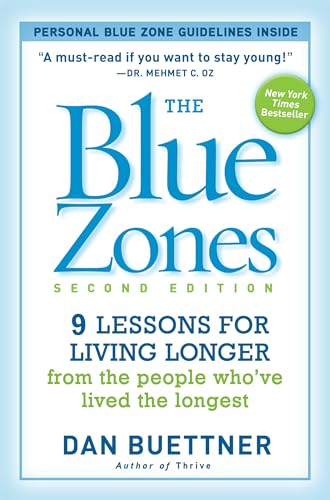9 ‘power traits’ to help you live past 100, according to science
The secrets to living a long life are revealed by the areas with the highest number of people living past 100 in the world
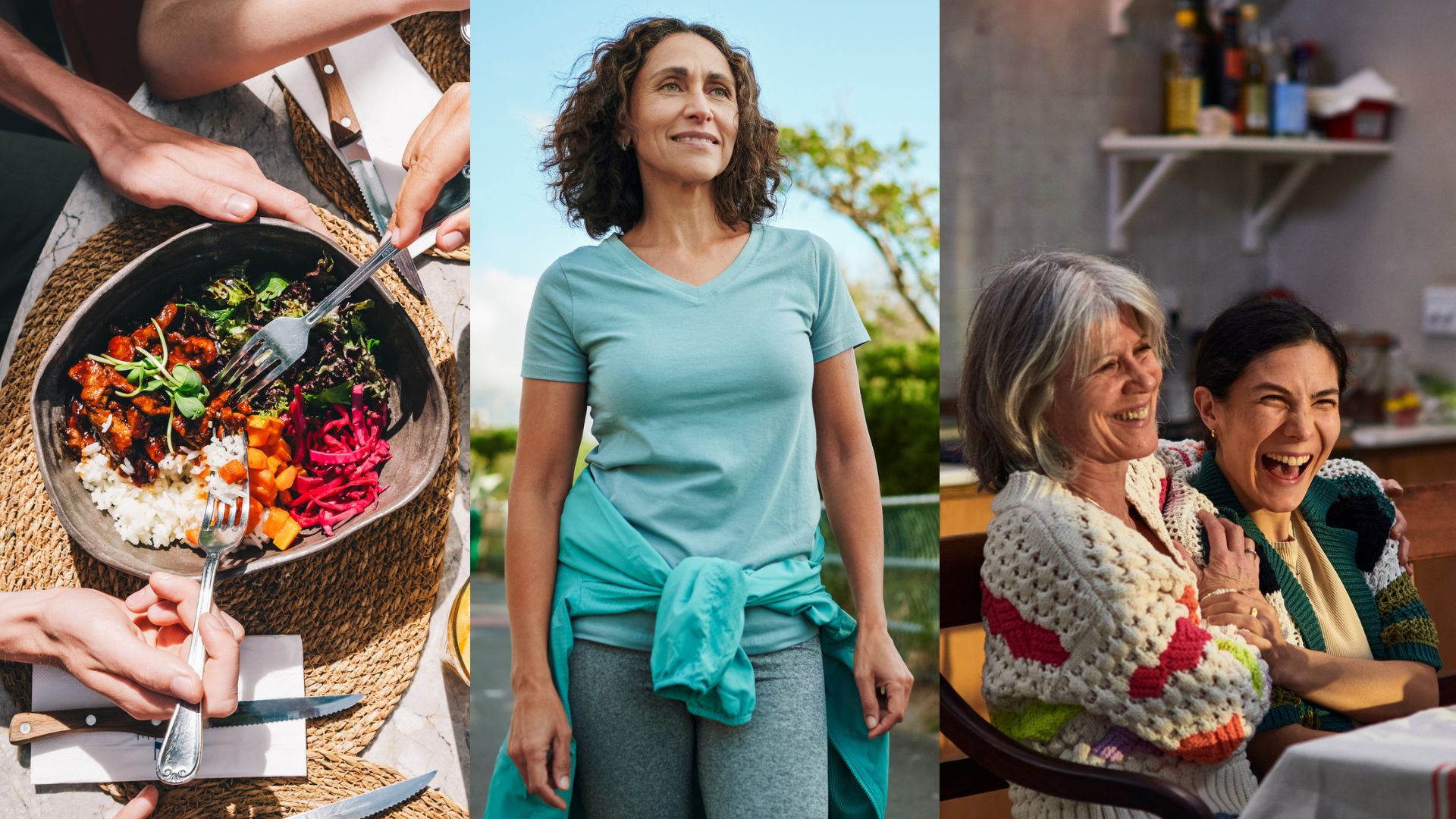

Lucy Wigley
Longevity has already become the buzzword for 2025 and rightly so. Millions of us are looking for ways to live longer - but also how to stay healthy during those additional years to make the most of them.
For some, this comes down to understanding how to lower biological age (after you've worked it out on a biological age calculator, of course). Away from the candles on your birthday cake, this number aims to predict how old your body really is. The lower your biological age, the healthier you're likely to be.
Eating a balanced diet, reducing stress, and doing enough exercise are three lifestyle habits the experts often point to. However, there are about nine research-backed 'traits' that those who live past 100 tend to have, according to Dan Buettner, an explorer and longevity researcher.
Buettner refers to these as the 'Power Nine' in the Lifestyle Medicine Journal study, his book (The Blue Zones - 9 Lessons for Living Longer From the People Who've Lived the Longest), and the subsequent Netflix documentary. Most people with the traits he's identified live in what he's dubbed 'Blue Zones' - regions with an abundance of healthy and long-living populations, including Okinawa in Japan, Ikaria in Greece, Nicoya in Costa Rica, Loma Linda in California, and Italy's Sardinia.
However, outside of these areas, the traits could be adopted by anyone interested in living a healthier life.
The power 'traits' from Blue Zones
1. Whole-food, plant-based diet
The diet of those living in 'Blue Zones' differs slightly depending on where they live. Cultural, religious, and social traditions, along with varying agricultural practices, mean no two area's eating habits are the same.
However, Buettner does draw one common thread between them all. Blue Zone residents follow a mostly whole-food diet. This includes eating meat sparingly and eating plenty of high-protein foods like beans and legumes, whole grains, nuts, fruits, and vegetables. Fish and dairy are also limited.
Sign up for the woman&home newsletter
Sign up to our free daily email for the latest royal and entertainment news, interesting opinion, expert advice on styling and beauty trends, and no-nonsense guides to the health and wellness questions you want answered.
"There’s no one food that is going to assure you’ll live longer or healthier; it’s about the combination," says the longevity expert on his website. "In the blue zone of Costa Rica, we found almost the perfect food combination in corn, beans, and squash - these three provide all the proteins necessary for life. In Okinawa, sweet potatoes - high in beta-carotene - fuelled centenarians for nearly half of their lives. And in Sardinia, a sourdough bread, leavened with lactobacillus, actually lowers insulin response to a meal."
A diet rich in these foods has been linked with a reduced risk of most chronic diseases, including heart disease and cancer in research published in the British Medical Journal and Epidemiology Journal.
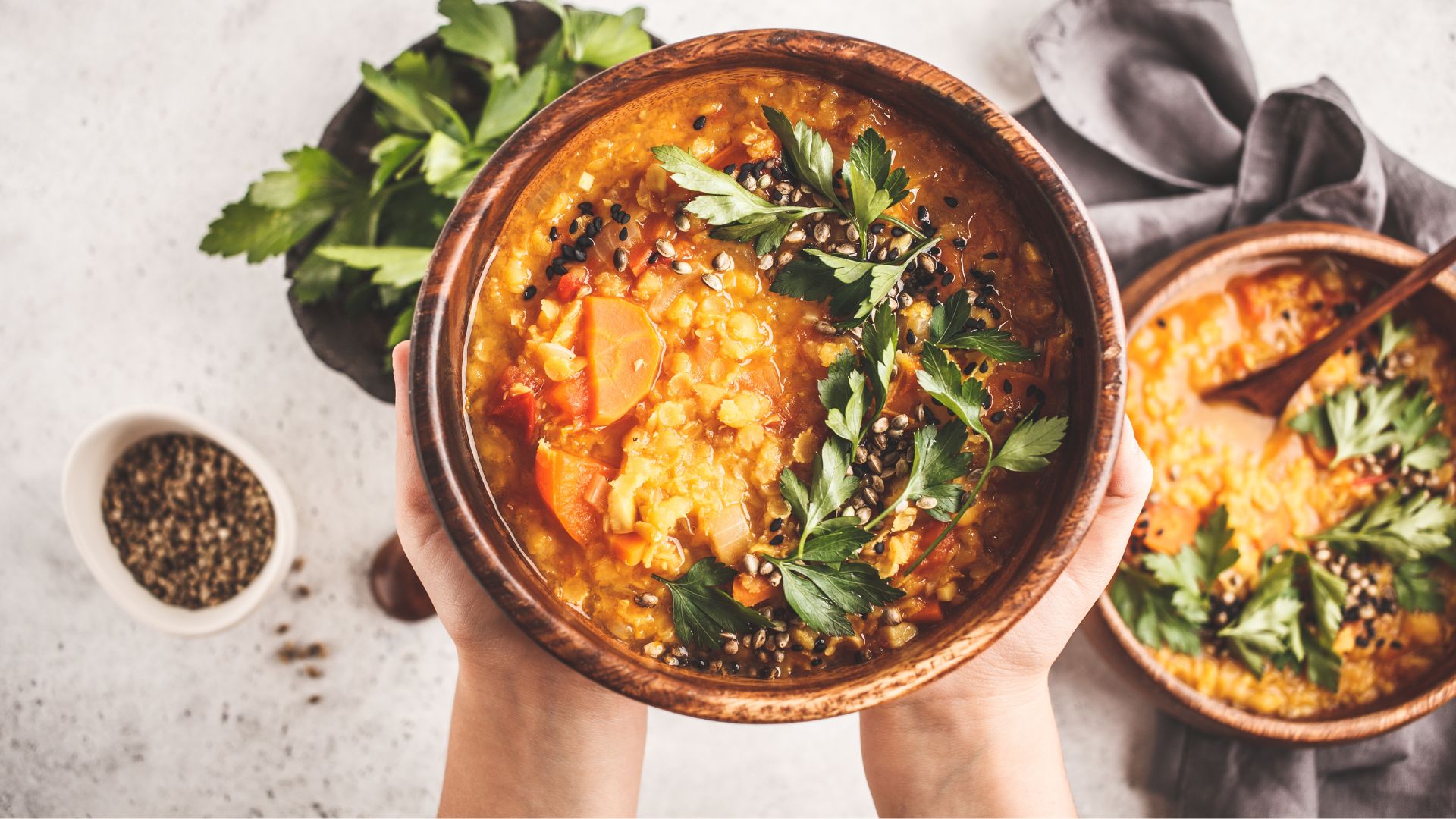
Beans and legumes are part of the essential whole-food diet.
2. Unconscious methods for not over-eating
Unconscious methods to not over-eating include not having electronics in the kitchen as these can be distracting and interrupt brain signals that indicate when you're full. It might otherwise be known as mindful eating.
Blue Zone residents also frontload their day with calories and eat fewer calories into the late afternoon or early evening, which we might recognise as one method of intermittent fasting.
3. Have a sense of purpose
Buettner found those with a sense of purpose live around eight years longer than those who don't. In Japan, "ikigai" is the term used to describe a sense of meaning. Translated, ikigai means "a reason for being," or "a reason to get up in the morning." It's built on the idea that a meaningful life is often longer and healthier.
4. Take part in daily rituals
Daily rituals and routines have long been cited by experts as key to reducing stress. Recent studies - including one by Masaryk University - have emphasised just how important they can be for preventing anxiety and lowering cortisol levels.
Buettner has said that stress is just part of the human condition - and those in the Blue Zones have the same stresses as most other people. However, the difference is that they have a "daily ritual" to help relieve that stress and reverse the inflammation associated with it.
This can be anything from praying, thanking ancestors, and napping. It can even include cooking, singing, and playing.
5. Drink a little alcohol every day
Okay, first things first - Blue Zones experts don't condone drinking alcohol to improve your health. They confirm that specifically drinking alcohol doesn't have a positive effect on your health - but drinking small quantities can help avoid excess. There will always be more benefits to not drinking alcohol, especially given the recent finding by Imperial College London that there is "no safe level of alcohol consumption".
However, Buettner found over 85% of people - especially men making it to 100 - drink every day of their life. This drinking is mindful, not exceeding four glasses at maximum, and it's often homemade wine rather than ultra-processed food and drink.
6. Family are a priority
Longevity is associated with having family members nearby and where possible, living in a multi-generational environment.
Buettner suggests that multi-generational families living together or very near one another have a life expectancy of between two and six years longer than those who don't.
7. Invest in relationships
If those who live longer live near their families, it's no surprise they have a higher inclination to invest in their relationships. Those living in the Blue Zones were found to have strong and meaningful connections with children, family members, and friends.
They prioritised quality over quantity as well, with friendships only serving to boost longevity if they were friendships reciprocal and both parties carefully considered the needs of the other.
Transferring this to daily life today could mean learning how to make friends as an adult if you've found your friendship circle waning in recent years.
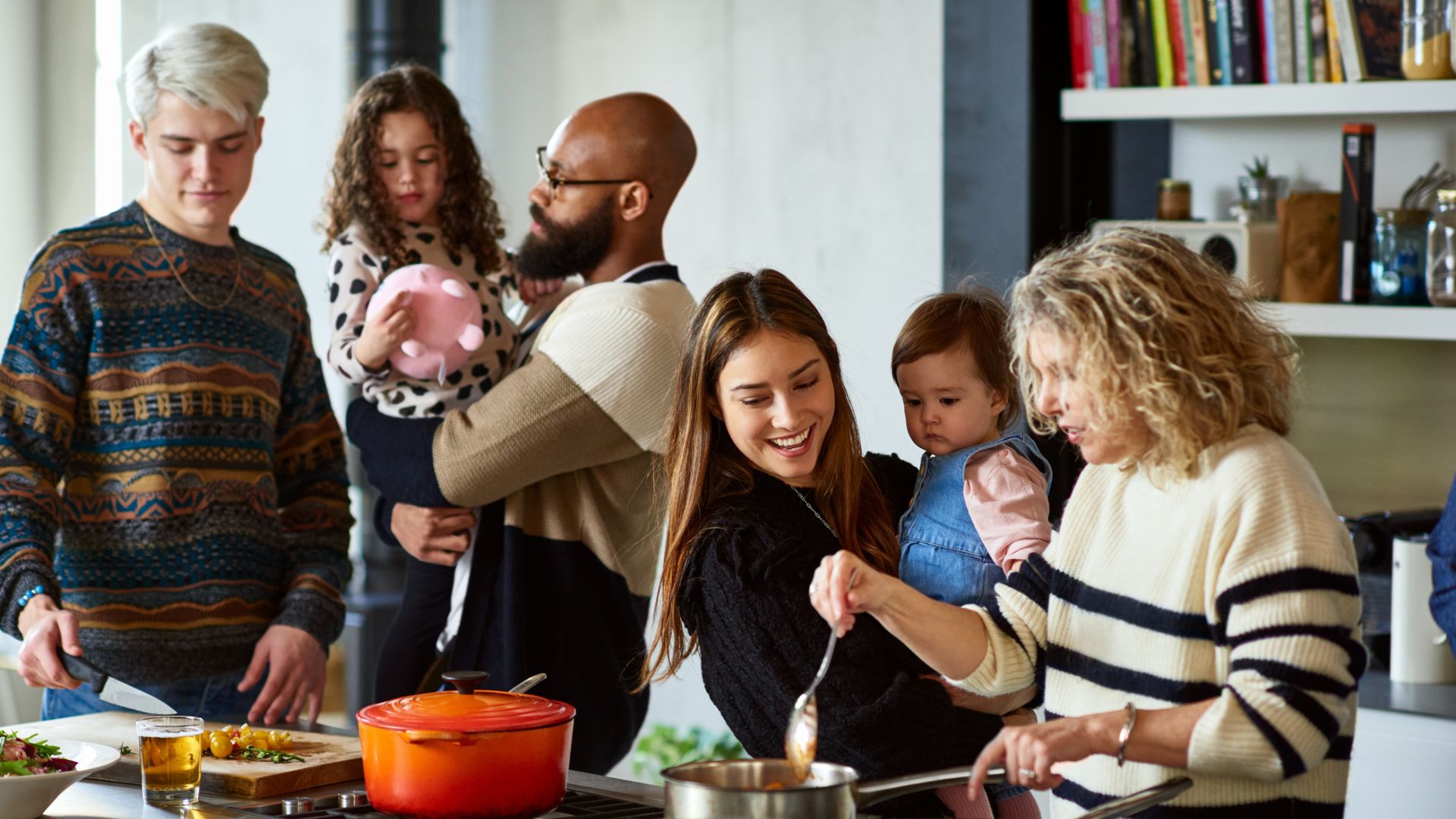
Having family and friends close by is the key to living longer and healthier, Buettner suggests.
8. Belonging to a faith
We understand this isn't for everyone - but most Blue Zone residents live in faith-based communities. Most attend a church, temple, or mosque regularly, and Buettner found the ritualistic impact of doing so added between four and 14 years to the lifespan.
“People who pay attention to their spiritual side have lower rates of cardiovascular disease, depression, stress, and suicide, and their immune systems seem to work better," said Buettner. "To a certain extent, adherence to a religion allows them to relinquish the stresses of everyday life to a higher power."
However, for those who aren't religious, studies suggest mindfulness, yoga and meditation also play a part in slowing the ageing process and living longer.
9. Move naturally
While we often think that the best exercise for longevity is pushing ourselves to improve aerobic fitness and bone density, research by the experts says we don't need to be doing half as much as we think to boost our lifespan and mobility.
Those who live longer live in environments that constantly encourage gentle movement. They tend to their gardens and don’t have mechanical conveniences that help with work around the garden and house, so their environments encourage gentle exercise.
One way to include more of this gentle exercise in your daily routine is making sure you prioritise movement - that could be doing 10,000 steps at home or wearing a weighted vest for walking - or exercise snacking during the day, which involves small bursts of low-impact exercise.
While these may look like simple lifestyle habits to some - especially if you can tick three or more off the list already - the benefits are clear. On the positives of living to 100, Buettner says: "You could be as active and vibrant as Marge Jetton in Loma Linda, California. At 100 she walks a mile before breakfast, rides six to eight miles on her stationery bike in the afternoon and volunteers every day. She is living large. A big part of living like those in the blue zones is having a sense of purpose. If you are healthy and feel valued, 100 will feel like 70."

Grace Walsh is woman&home's Health Channel Editor, working across the areas of fitness, nutrition, sleep, mental health, relationships, and sex. She is also a qualified fitness instructor. In 2025, she will be taking on her third marathon in Brighton, completing her first ultra marathon, and qualifying as a certified personal trainer and nutrition coach.
A digital journalist with over seven years experience as a writer and editor for UK publications, Grace has covered (almost) everything in the world of health and wellbeing with bylines in Cosmopolitan, Red, The i Paper, GoodtoKnow, and more.
- Lucy WigleyEntertainment Writer
-
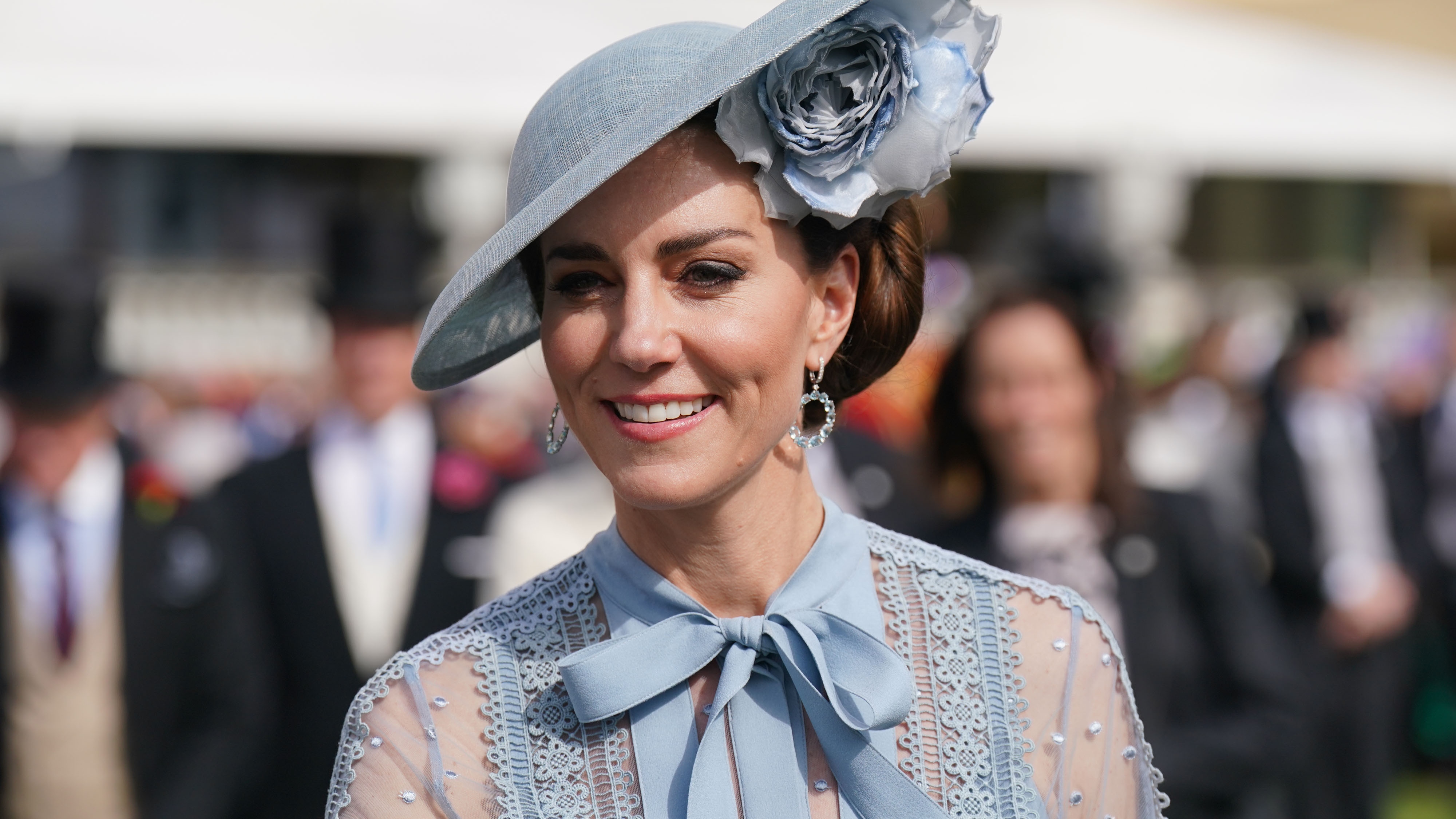 Kate Middleton’s go-to bag for special occasions is a wedding season essential you’ll bring back time and time again
Kate Middleton’s go-to bag for special occasions is a wedding season essential you’ll bring back time and time againThe Princess of Wales always reaches for the same elegant style of bag for formal events and it works beautifully for weddings.
By Emma Shacklock
-
 Dr Amir Khan reveals the 5 symptoms you should 'never' ignore, no matter how 'vague' they are
Dr Amir Khan reveals the 5 symptoms you should 'never' ignore, no matter how 'vague' they areDr Amir Khan, a GP who often appears on ITV's Lorraine, took to Instagram this week to share the symptoms he'll always take a second look at
By Grace Walsh
